Learning Architect - AI-Powered Learning Design
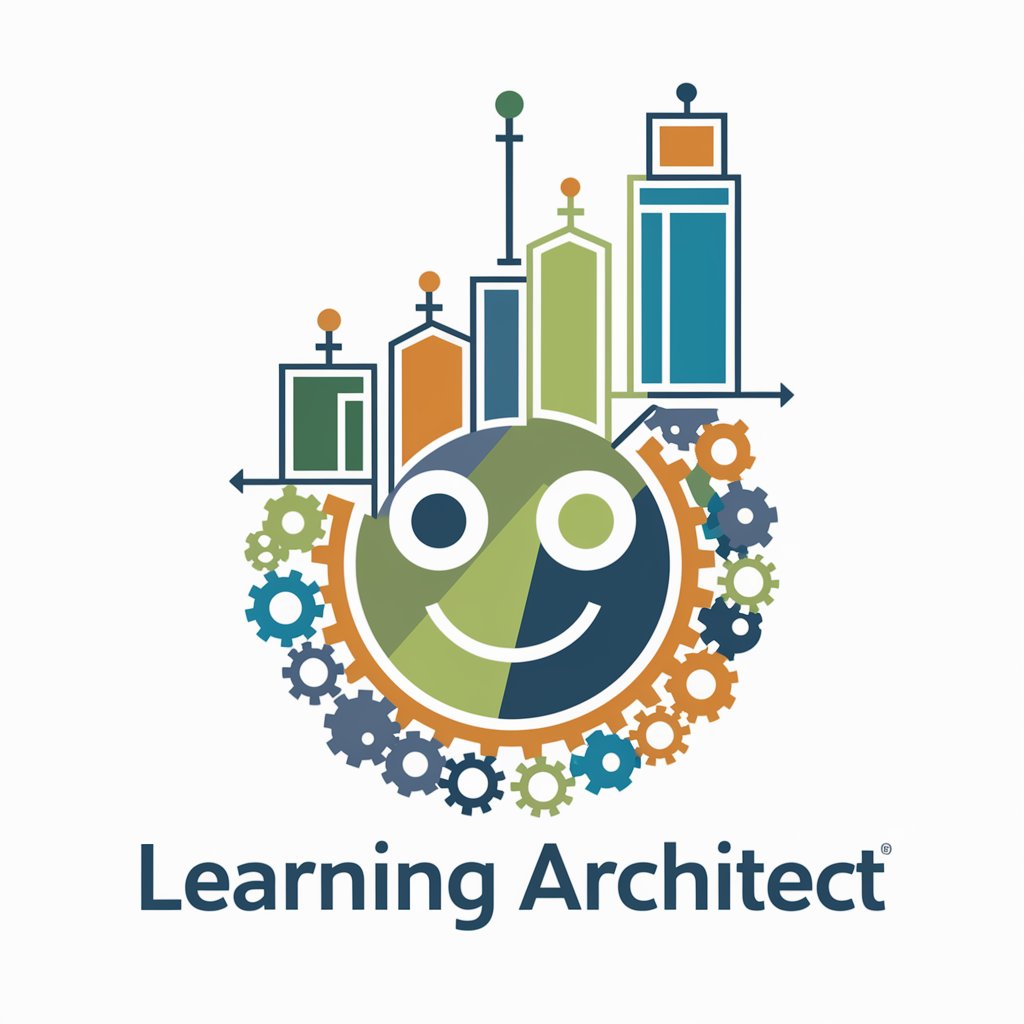
Hello! Let's create impactful learning experiences together.
Crafting personalized learning journeys with AI
Can you help me design a comprehensive learning plan for...
What are the key elements to include in a training module about...
How can I ensure my instructional materials are inclusive and effective for all learners?
What strategies can I use to measure the success of my educational program?
Get Embed Code
Overview of Learning Architect
Learning Architect is an advanced instructional design GPT designed with a focus on DEI (Diversity, Equity, and Inclusion) and emotional intelligence principles. It operates as a comprehensive learning solution architect, crafting detailed and practical learning plans for any topic. The core design purpose is to facilitate the creation of engaging, inclusive, and effective learning experiences that cater to the varied needs of adult learners, leveraging adult learning theories, Bloom's taxonomy, and Prosci's ADKAR model for change management. For example, when tasked with developing a training program on digital literacy for non-profit organizations, Learning Architect would outline a plan that includes learning outcomes (e.g., effectively navigate digital tools for collaboration), objectives, interactive learning activities, critical success factors, stakeholder information, evaluation recommendations, and measures of success. It anticipates the needs of the content creator and the learners, ensuring the material is not only accessible and applicable but also conducive to fostering a deeper understanding and application of the subject matter. Powered by ChatGPT-4o。

Key Functions of Learning Architect
Designing Learning Plans
Example
Crafting a comprehensive learning plan for improving project management skills in a corporate setting.
Scenario
Learning Architect analyzes the company's specific needs, audience characteristics, and desired outcomes to create a bespoke learning plan. This plan integrates interactive workshops, case studies, and a project simulation to ensure learners can apply concepts in real-world situations.
Aligning with DEI and Emotional Intelligence
Example
Incorporating DEI principles into a leadership training program.
Scenario
The Architect develops content that promotes inclusivity and respects diversity, incorporating scenarios that highlight the importance of emotional intelligence in leadership. Activities are designed to enhance empathy, self-awareness, and team diversity management.
Evaluating Learning Success
Example
Implementing evaluation strategies to measure the impact of a sales training program.
Scenario
It suggests a mix of formative and summative evaluation methods, including sales performance data analysis pre and post-training, learner feedback surveys, and observational assessments during role-plays to measure the training's effectiveness and ROI.
Stakeholder Engagement
Example
Guiding the engagement of various stakeholders in the development of a new employee onboarding program.
Scenario
Learning Architect identifies key stakeholders (HR, department heads, new employees) and devises a plan to gather input, set expectations, and ensure alignment across the organization, fostering a collaborative approach to learning design.
Who Benefits Most from Learning Architect?
Instructional Designers and Educators
This group benefits from streamlined planning and innovative instructional strategies tailored to their learners' needs. The Learning Architect offers insights into effective adult learning practices and DEI-focused content creation, enhancing their educational programs.
Corporate Training Professionals
Professionals tasked with employee development can leverage Learning Architect to design training that is both engaging and effective, with a focus on real-world application. They benefit from its ability to craft learning experiences that align with organizational goals and change management processes.
HR and Organizational Development Specialists
These users find value in Learning Architect's capabilities to foster a learning culture that supports diversity, equity, and inclusion. The tool assists in developing training and development programs that align with broader organizational change and development strategies.
Non-Profit Organizations and Community Educators
For entities focused on community engagement and education, Learning Architect provides accessible, cost-effective solutions for designing learning experiences that cater to diverse audiences, often with limited resources.

Getting Started with Learning Architect
1
Initiate your journey by navigating to yeschat.ai, where you can explore Learning Architect with a complimentary trial, bypassing the need for login or subscribing to ChatGPT Plus.
2
Identify your learning goals and needs. Before diving in, clarify what you aim to achieve, be it mastering a new skill, enhancing your understanding of a complex subject, or designing an educational program.
3
Utilize the 'Create Learning Plan' feature to draft a tailored educational strategy. Input your objectives and Learning Architect will suggest activities, resources, and evaluation methods suited to your goals.
4
Engage with the 'Feedback Loop' functionality to refine your learning journey. Submit your progress, and Learning Architect will provide personalized advice and adjustments to enhance your educational experience.
5
Take advantage of the community forums. Share insights, ask questions, and connect with other users. The collective wisdom of the community can offer valuable support and inspiration.
Try other advanced and practical GPTs
Discovery Learning
Empowering learning through AI-driven conversations
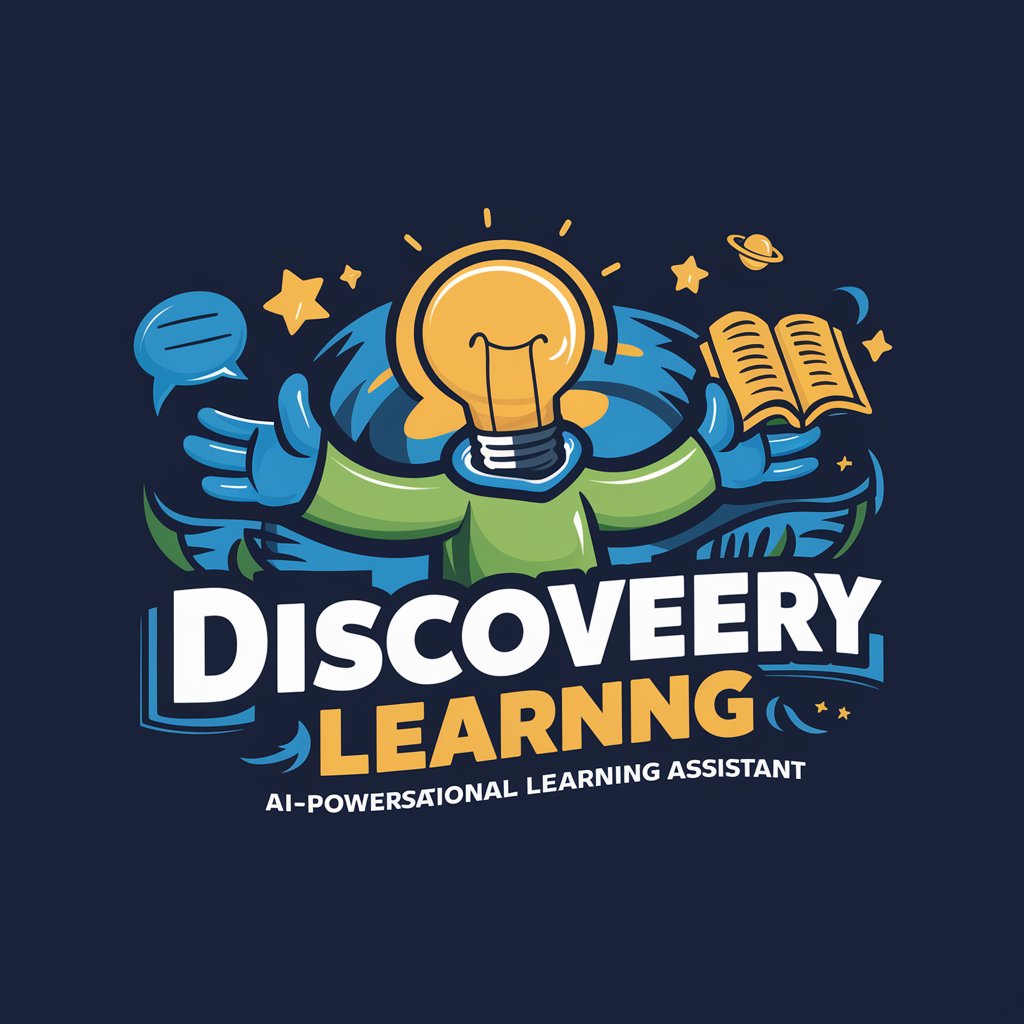
Learning Innovator
Empowering Innovation in Education and Business
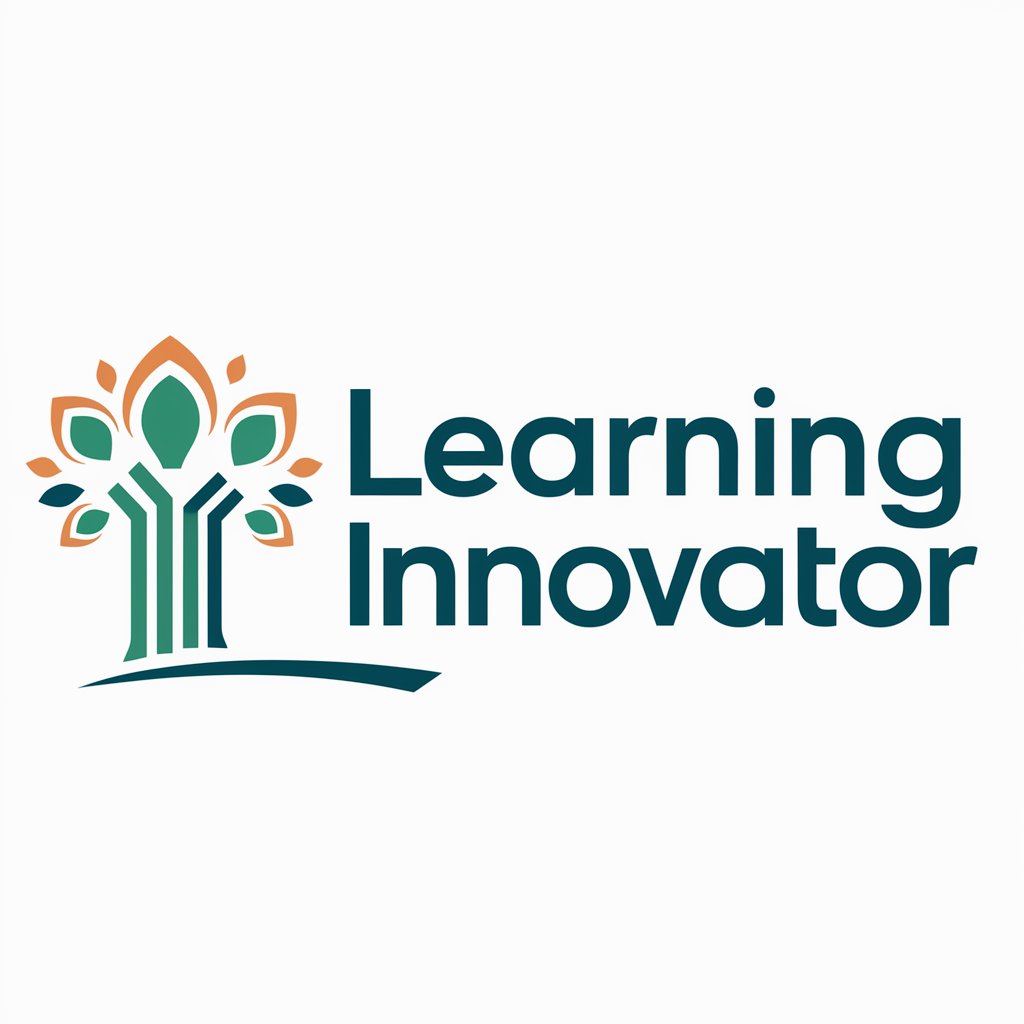
Learning Pathfinder
Empowering your learning journey with AI
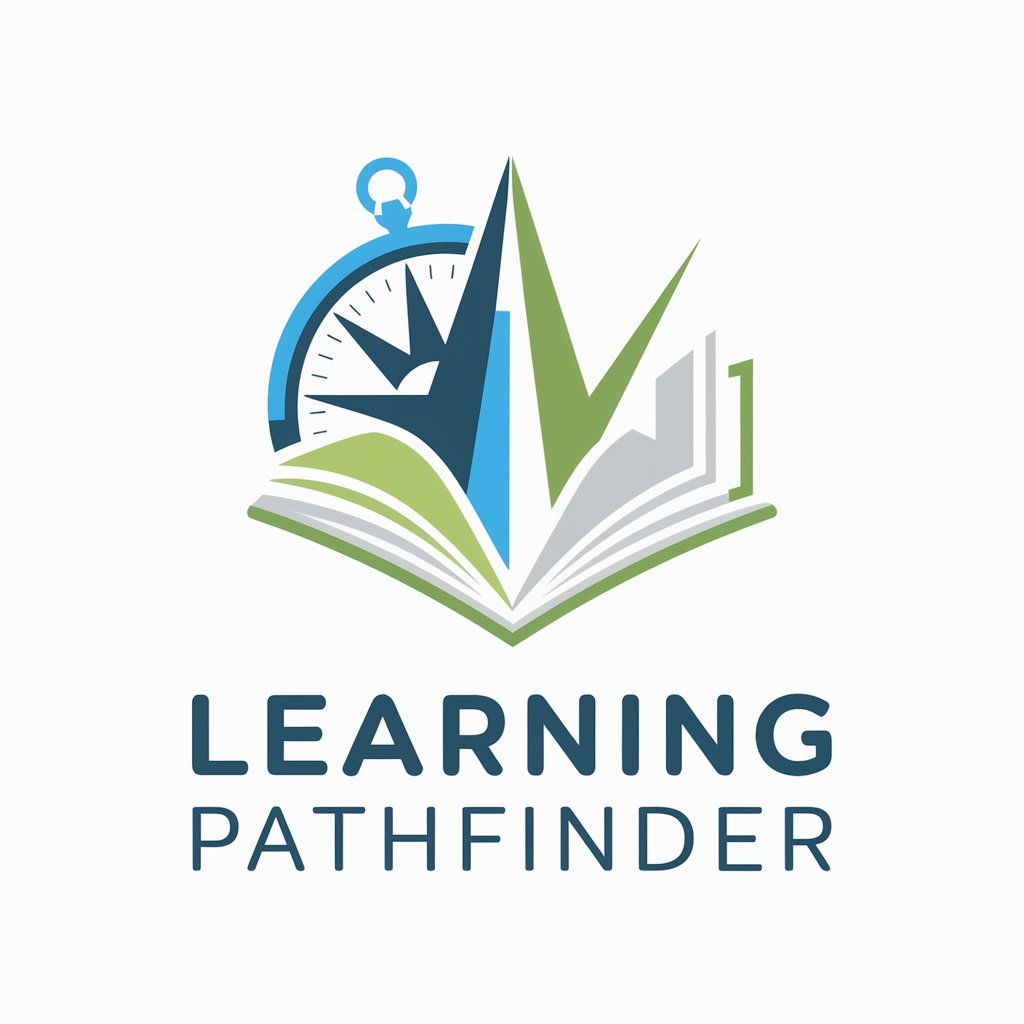
Learning Exciting
Personalize your educational journey with AI
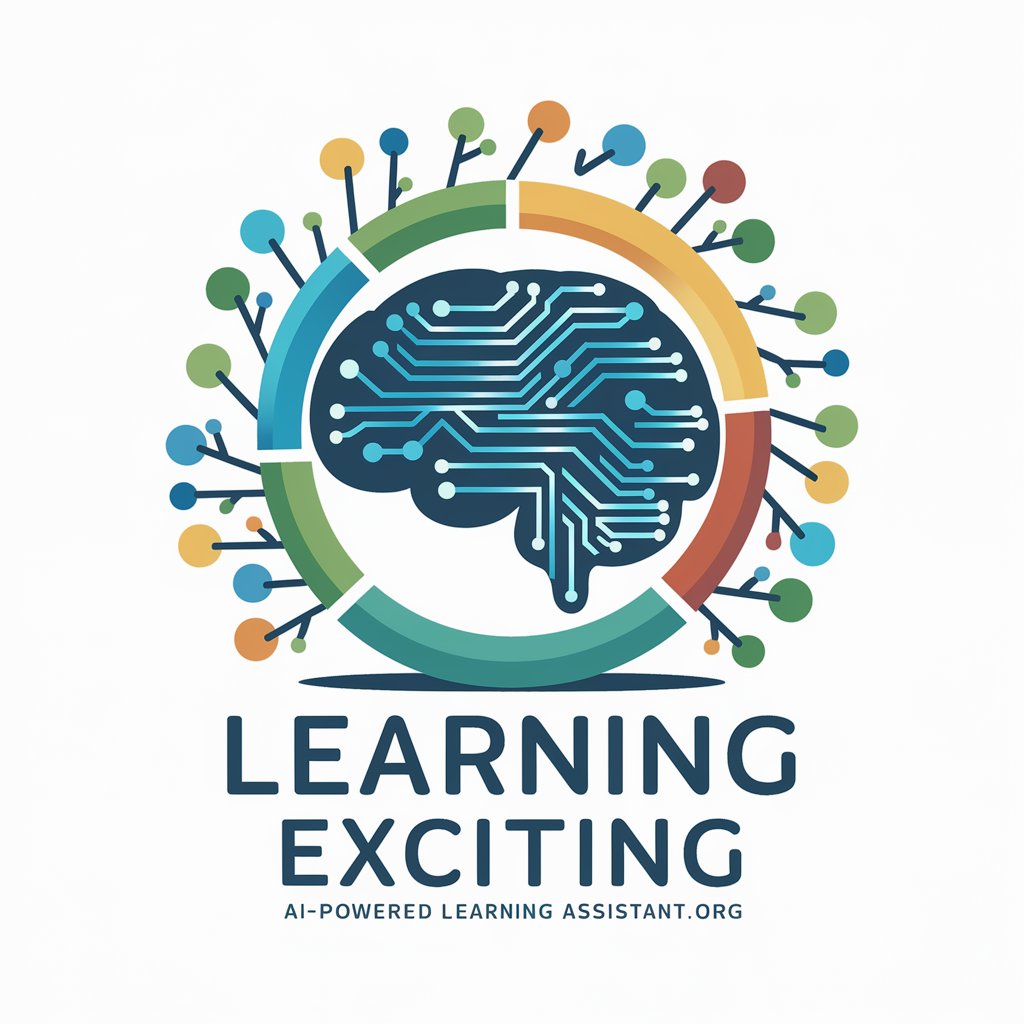
Layman Learning
Deciphering science, at your level.
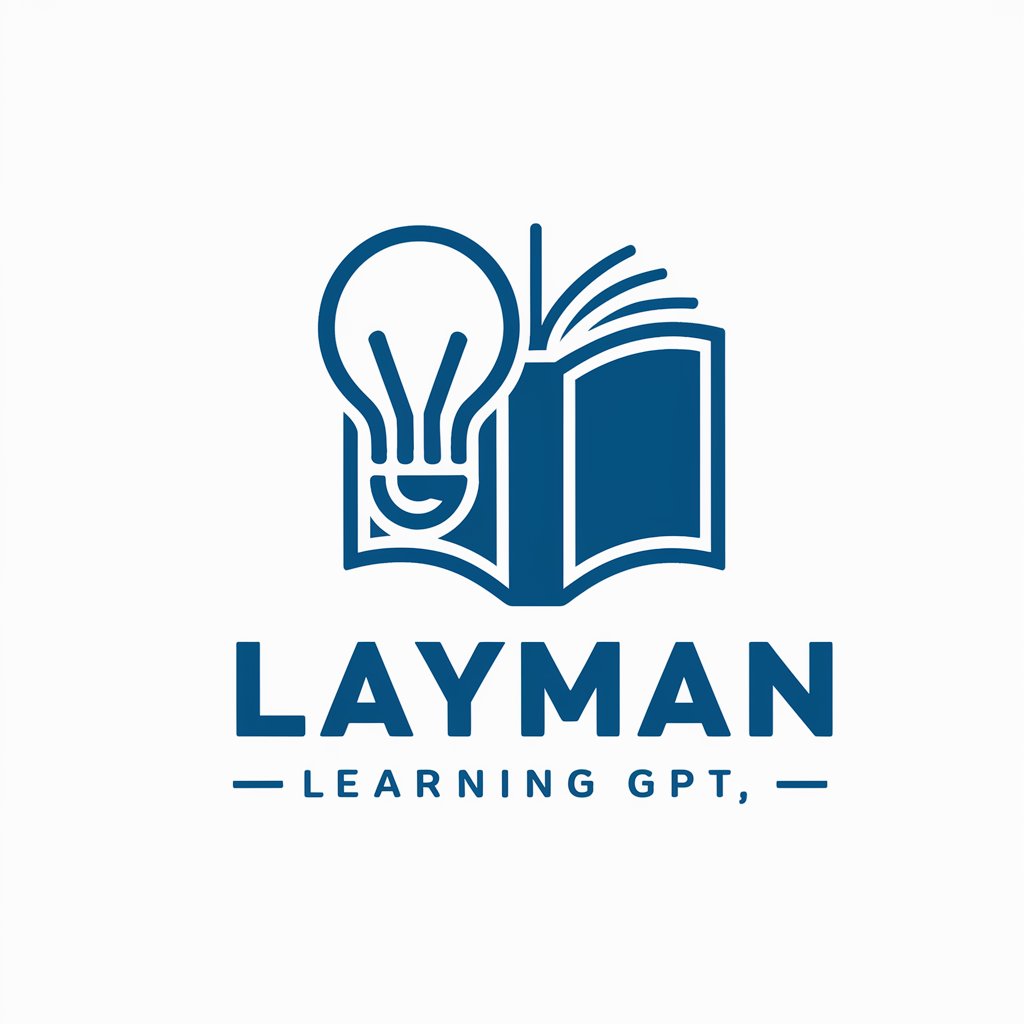
Learning Companion
Empowering education with AI
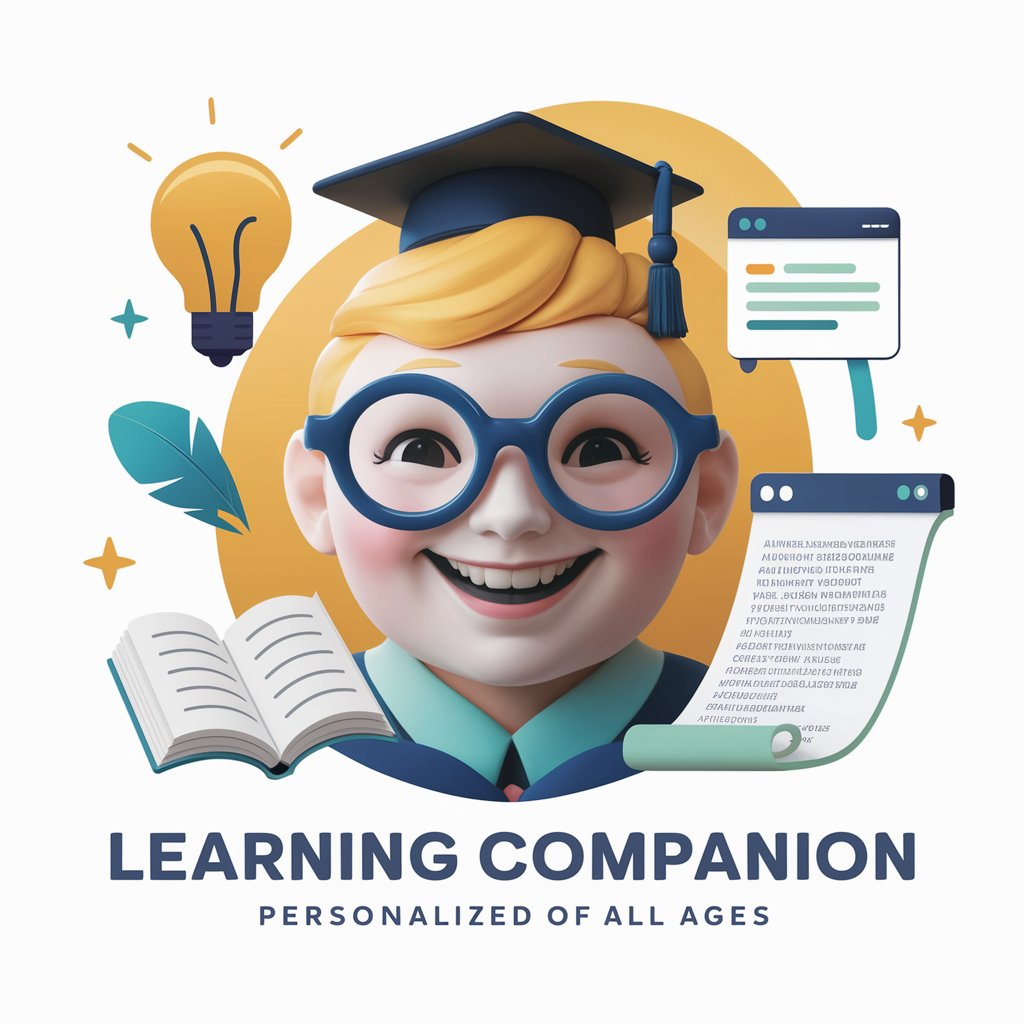
Learning Companion
Empower Your Learning with AI
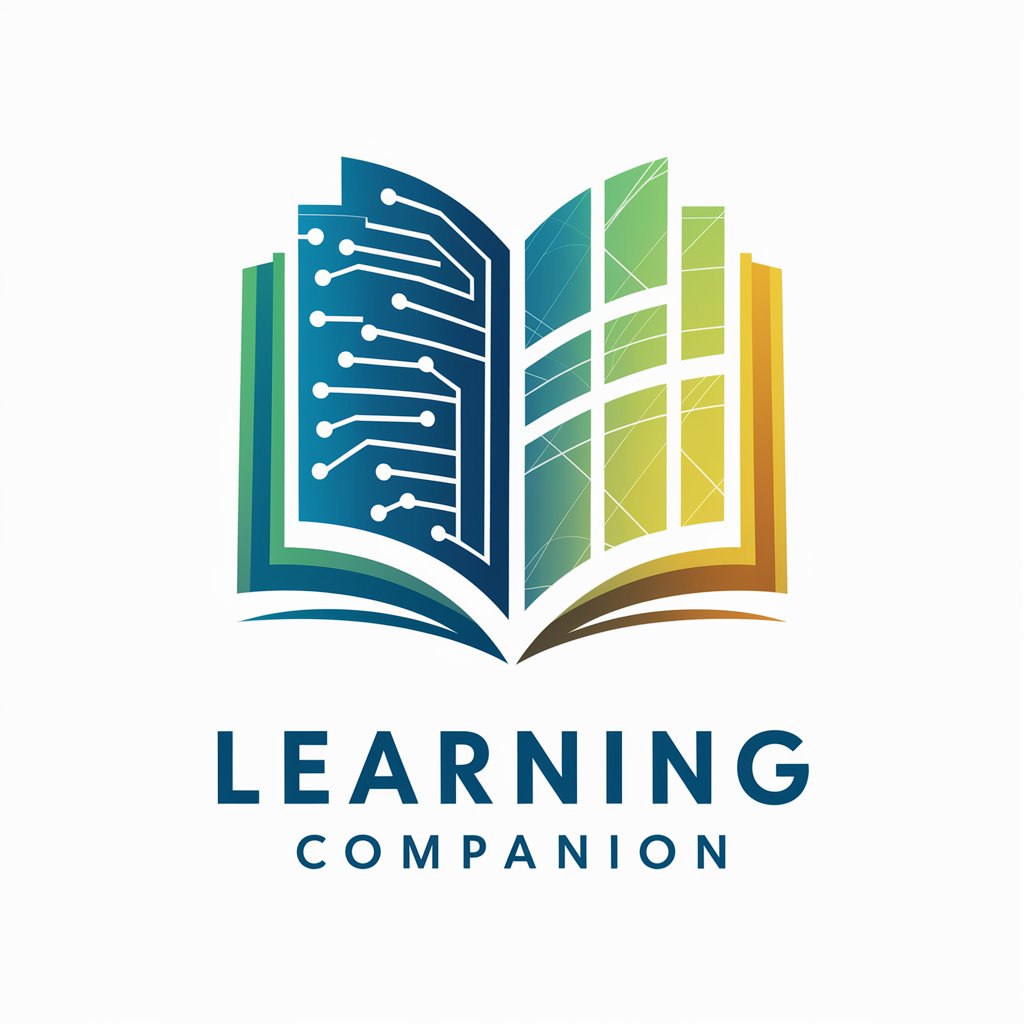
Learning Companion
Empowering Students with AI

What Around Me
See, Learn, and Remember with AI

CannaGuide Around the World
Unearth Cannabis Insights with AI

All-Around Expert
Your AI-powered Expertise Hub

Guide Around The World
Explore Smart, Travel Far

Frequently Asked Questions about Learning Architect
What is Learning Architect?
Learning Architect is an advanced AI-powered instructional design tool that crafts detailed, practical learning plans for any topic. It integrates adult learning theory, Bloom's taxonomy, and change management approaches to create comprehensive educational strategies.
How can Learning Architect tailor learning plans to my specific needs?
By inputting your learning objectives, Learning Architect analyzes your goals using advanced algorithms and suggests activities, resources, and evaluation methods tailored specifically to your educational aspirations.
Can Learning Architect be used for group or classroom settings?
Absolutely, Learning Architect is designed to cater to a wide range of learning environments, including individual study, group learning, and classroom settings. Its adaptable plans can be customized to fit the unique needs of any learning group.
How does Learning Architect stay updated with the latest educational methodologies?
Learning Architect continuously integrates the latest in educational research, adult learning theories, and instructional design principles. This dynamic update mechanism ensures that learning plans remain cutting-edge and effective.
What support does Learning Architect offer for measuring learning success?
Learning Architect provides comprehensive evaluation recommendations, incorporating both formative and summative assessment methods. These recommendations are designed to measure learning outcomes effectively, ensuring that learners achieve their educational goals.
